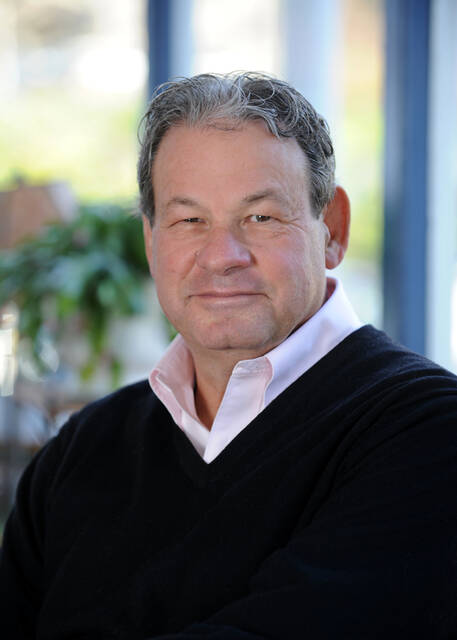During a recent Supreme Court hearing, Justice Brett Kavanaugh advanced this case for reversing precedent and canceling a woman’s right to make critical health decisions for herself: “The Constitution is neither pro-life nor pro-choice on the question of abortion but leaves the issue for the people of the states or perhaps Congress to resolve in the democratic process.”
On the surface, that sounds fair. In a democracy, let “the people” decide what the law should be. But Kavanaugh’s argument is deeply disingenuous, and he profoundly misreads the nature of America’s political tradition. In our system, when a right is deemed fundamental, it cannot be abrogated by a popular vote.
The founders created a network of checks and balances — especially the federal courts — to protect the rights of individuals, even when they are unpopular. As Harvard law professor Jeannie Suk Gersen wrote in The New Yorker: “The point of a fundamental constitutional right is that it shouldn’t be at the people’s mercy, particularly when the composition of the Court itself has been shifted through political means for this purpose.”
Nationally, in the latest Washington Post/ABC poll, 60% support upholding Roe v. Wade, the 1973 case that established abortion rights, and that includes 42% of Republicans. Only 27% back what Kavanaugh and the other five conservative justices seem intent on doing — overturning Roe.
But the state level presents a very different picture. If Roe is reversed, 26 states, mainly in the South and Mountain West, are “certain or likely to ban abortion,” according to the Guttmacher Institute, which supports abortion rights. The “fundamental constitutional right” Gersen describes would be nullified by a tyrannical segment of “the people.”
As Solicitor General Elizabeth Prelogar warned the justices, “The court has never revoked a right that is so fundamental to so many Americans and so central to their ability to participate fully and equally in society.”
Even the most fundamental rights are not absolute. The court has allowed states to limit abortions after the “viability” of a fetus to live outside the womb — about 22 to 24 weeks. In the Casey case of 1992, the justices permitted restrictions that don’t impose an “undue burden” on pregnant women: an eminently sane compromise between fiercely opposed ideologies.
We have to respect the personal convictions of women who, for religious or moral reasons, consider abortion immoral and would never have one themselves. It’s also true that the most emphatic supporters of abortion rights can downplay the risks, physical and emotional, that the procedure entails. But the principle behind Roe remains valid: Women should have the right to weigh those risks and make those decisions for themselves.
A sizeable portion of the Republican Party once believed that, too. But in recent decades, the GOP has been captured by an alliance of Southern conservatives and evangelical Christians who take exactly the opposite view — they acquire and use government power to impose their religious and moral values on everyone else. Their primary goal has been to stack the federal courts, especially the Supreme Court, with like-minded judges.
“Evangelicals developed a strategy, stuck with it and it paid off,” Ralph Reed, the former leader of the Christian Coalition, told the Washington Post. “They bet on a long-term, historical, multidecade transformation of the federal courts in a way that would no longer be hostile to their values.”
The strategy worked. The court seems ready to reward their efforts and reverse, or restrict, Roe. But America has always stood for the steady, if fitful, expansion of liberty, rather than its contraction. And history will render a harsh judgment on any judge who betrays that principle.
Steven Roberts teaches politics and journalism at George Washington University. He can be contacted by email at [email protected]. Send comments to [email protected].




